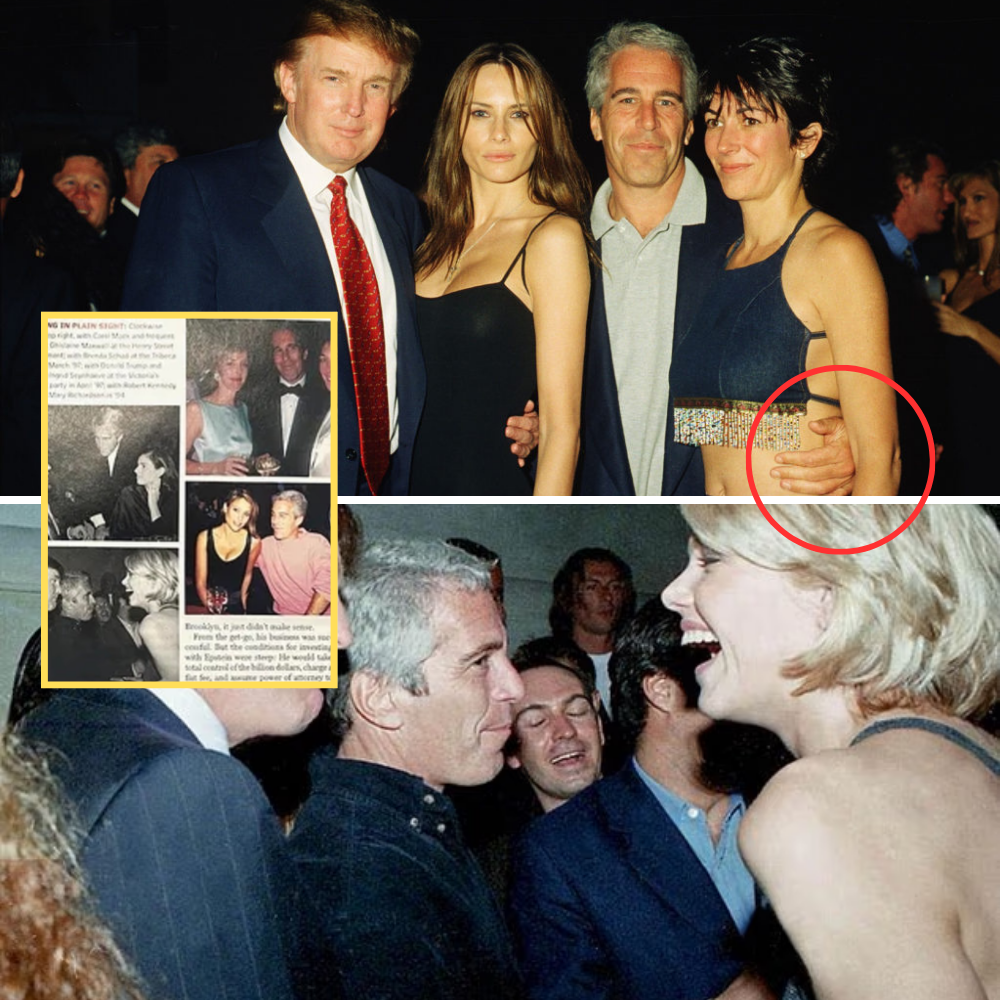 ETtech
ETtech
The past week saw a faceoff erupt between tech billionaire Elon Musk and the European Union after the latter accused Musk-owned social media platform X (formerly Twitter) of violating its online content regulations around transparency and accountability. A back and forth between Musk and the European Commissioner ensued. Here’s an explainer on the accusations against X and what the two sides have been saying.
Why is X’s blue check on the dock?
The European Commission on Friday issued its preliminary findings based on an investigation initiated last year. It found X to be in breach of the Digital Services Act (DSA).
Elevate Your Tech Prowess with High-Value Skill Courses
Offering College
Course
Website
Indian School of Business
ISB Product Management
Visit
MIT xPRO
MIT Technology Leadership and Innovation
Visit
Indian School of Business
Professional Certificate in Product Management
Visit
The commission said the blue checkmark given to ‘verified’ users constitutes “dark patterns” and that there was evidence of motivated malicious actors abusing the ‘verified account’ feature to deceive users.
Twitter’s blue checks were earlier reserved for accounts of influential persons including politicians and celebrities. Since Musk’s takeover of the platform in 2022, anyone can get one by paying $8 a month.
“Since anyone can subscribe to obtain such a ‘verified status’ it negatively affects users’ ability to make free and informed decisions about the authenticity of the accounts and the content they interact with,” the European Commission said in a statement.
What are the transparency concerns?
The commission said X falls short of its requirements around transparency in advertising. It fails to provide a searchable and reliable ad repository, rather incorporating design features and access barriers that do not serve the purpose of user transparency and hinder the study of ad distribution and its risks.
Further, X fails to provide researchers access to its data in line with DSA provisions, forcing them to pay high fees, it said.
How did it turn into a war of words?
Musk took to X and alleged that the commission had “offered X an illegal secret deal” to quietly censor speech in return for not being fined. “The other platforms accepted that deal. X did not,” he alleged, without providing further evidence.
European Commissioner Thierry Breton on the same platform retorted, saying there has never been and will never be any secret deal with anyone. “The DSA provides X (and any large platform) with the possibility to offer commitments to settle a case,” he wrote.
What happens now?
“X has now the right of defence —but if our view is confirmed, we will impose fines and require significant changes,” Breton said.
If the commission’s findings hold up, X could face a fine of up to 6% of its global annual revenue and face orders to comply.
X has the opportunity to make changes to its platform to comply to remedy the breach.
The commission may also impose periodic penalty payments to compel compliance.
Musk said in another post on X: “We look forward to a very public battle in court, so that the people of Europe can know the truth.”


